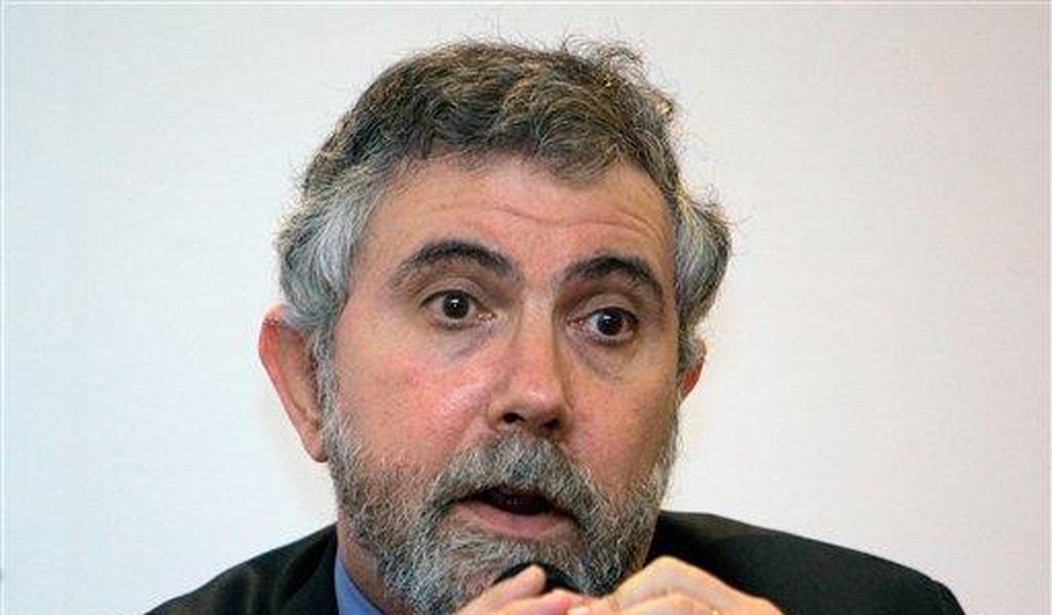Democratic voting naturally pressures politicians to endorse policies that will get them the most votes. But you almost never hear a politician admit that.
Have you ever heard a politician say, “In the next election I will support whatever policies the polls tell me are most likely to get me elected”? I bet you haven’t. If a candidate for office did say something like that, almost everyone would find it distasteful.
If you find this paradoxical, it’s a paradox with a long history. Our notions of democracy come from ancient Greece. Our notions of good government come from the same place.
For Aristotle, “ethics” and “politics” were branches of philosophy that were connected. Ethics was the study of what is good for the individual to do. Politics was the study of what is good for the government to do. Those are ideas that stuck. In the history of western philosophy, the idea that “good” and “bad” and “right” and wrong” are terms we can appropriately use to evaluate government policies has been an article of faith for the last two millennia.
Until recently.
We are living in an age when it is common for politicians, editorial writers, and commentators of all persuasions to advance policy proposals that have no ethical foundation at all. They don’t even pretend ethics are involved.
“From each according to his ability and to each according to his need” was an ethical principle as well as a public policy goal for Marx, Engels, and other communists. Of course, they didn’t believe in democracy. But they did believe that public policy should be subordinate to ethics.
By contrast, modern liberals and modern socialists don’t even pretend their proposals are ethical.
Take the Joe Biden idea of letting people age 60 to 64 enroll in Medicare at premiums well below the real cost of the insurance. According to the Census Bureau, people in this age group had a median household income of $64,846 in 2018 – above the national average – and most of them had employer-provided health insurance on top of that. In fact, only 7 percent of people in this age group are uninsured! Moreover, of the almost 30 million people in the United States who are currently uninsured only about only 1.7 million are seniors.
Recommended
So, this proposal would take money from taxpayers generally (Medicare is mainly funded by a payroll tax) and give it to people who don’t need help and who are mainly already insured. Is there some ethical reason to do that? None that I have heard.
Then there is free college education – endorsed in various degrees by Bernie Sanders, Joe Biden, and other former Democratic candidates for president.
There is probably no single factor that explains inequality better than the possession of a college degree. The gap between the income of college graduates and non-college graduates has been growing over time. There is nothing progressive about taxing the latter and subsidizing the former. In addition, students from low-income families who attend college are already paying almost no tuition.
Free college education would make the rich richer. It would widen the income gap. How is that ethical? It clearly isn’t.
And let’s not forget taxes. According to the Tax Foundation, the top 1 percent of income earners in the United States pay 38.5 percent of all income taxes. The top 10 percent pay 70 percent.
We’re told that these folks aren’t paying their “fair share.” But what is their fair share? The real answer is: these are people with money and we have the power to take it from them, so let’s do it.
Wealthy U.S. citizens aren’t the only people with money, however. Willie Sutton said he robbed banks because that’s where the money is. If we are going to rob the rich just because they’re rich, why stop at the border. Why not rob rich Canadians? Or wealthy Latin Americans? Or oil-rich sheiks in the Middle East?
Public policy without ethics is an almost daily feature of the editorial pages of The New York Times – where robbery is frequently recommended without any justification whatsoever.
With an annual income of $22 million, LeBron James is one of the richest participants in pro sports. I don’t know any sports fan who denies that James earns his pay. But New York Times columnist Paul Krugman thinks he is getting off too easy. Krugman thinks the government should take as much as 90% of James’ income away.
How did he arrive at that figure? Krugman joins other leftwing economists in the belief that we should select a tax rate that maximizes IRS income from high-income earners. They realize that as the tax rate rises, at some point people like James will play fewer basketball games and perhaps he might quit paying altogether. Otherwise, they would set the rate at 100 percent.
As I pointed out in a previous column, Krugman’s approach to high-income earners is comparable to what happened under slavery. Plantation owners in the old South had to spend money on their slaves for food, clothing, housing, health care, etc. But how much? The answer seems to be: the amount that maximized plantation profits.
Krugman isn’t for slavery. He’s not for forcing James to play basketball. But in some ways his proposal is worse. Economists tell us that 90 percent of everything southern slaves produced was spent on the slaves themselves. On Krugman’s liberal plantation, the workers would get only 10 percent.
Why do Krugman and others advocate these things? It would make some sense if we thought that these ideas would help candidates get elected. But they don’t. The favorite proposals of the woke contingency are neither ethical nor popular.
Go figure.

























Join the conversation as a VIP Member